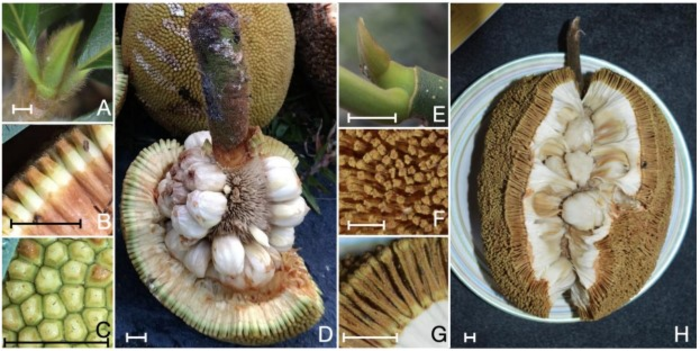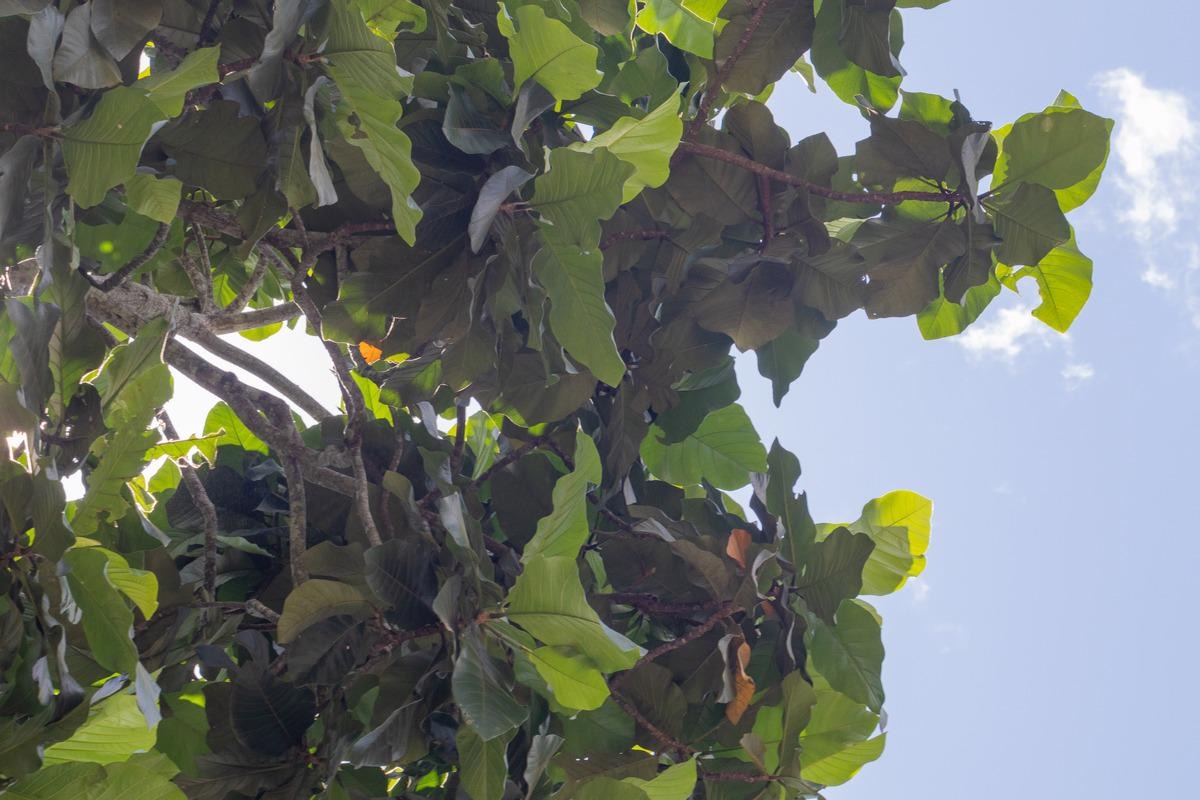Reviewed by Danielle Ellis, B.Sc.Jun 7 2022
A Spanish scientist reported Artocarpus odoratissimus, a fruit-bearing tree found in Borneo and the Philippines, almost 200 years ago. The Iban people of Borneo recognize two different types of the tree, which they refer to as lumok and pingan, accordingly, based on the size and shape of the fruit.
 This image shows a lumok pingan fruit (left) and a lumok amat fruit (left). Image Credit: Gardener et al. /Current Biology
This image shows a lumok pingan fruit (left) and a lumok amat fruit (left). Image Credit: Gardener et al. /Current Biology
Despite this, Western botanists have traditionally regarded the tree as a single species, but DNA research published in the journal Current Biology on June 6th, 2022, verifies the Iban people’s claims.
Researchers gathered DNA samples from trees in Malaysian Borneo and historical herbarium specimens to find the appropriate taxonomy of the tree, which is in the same genus as the plants that yield meaty jackfruit.
They used phylogenetic analysis and DNA microsatellites to demonstrate that while lumok and pingan are genetically similar, they are also genetically separate species. The researchers theorize that the trees be renamed to reflect this, adding that it is past time for taxonomy studies to include Indigenous names.

Image Credit: jempurungjebert/Shutterstock.com
“While the scientific endeavor has long benefitted from Indigenous knowledge, it has usually not engaged with it on equal footing,” the researchers state, which include Malaysian scientists and Iban field botanists, led by Elliot M. Gardner, a botanist at Florida International University. “While Linnaean taxonomy offers a broad framework for global comparisons, it may lack the detailed local insights possessed by Indigenous peoples.”
Time is of the essence, because just as biodiversity is under threat of climate change, Indigenous knowledge—itself protected under Article 8(j) of the Convention on Biological Diversity—is threatened by societal change,”
Elliot M. Gardner, Botanist, Florida International University and Colleagues.
Source:
Journal reference:
Gardner, E. M., et al. (2022) Engagement with indigenous people preserves local knowledge and biodiversity alike. Current Biology. doi.org/10.1016/j.cub.2022.04.062.